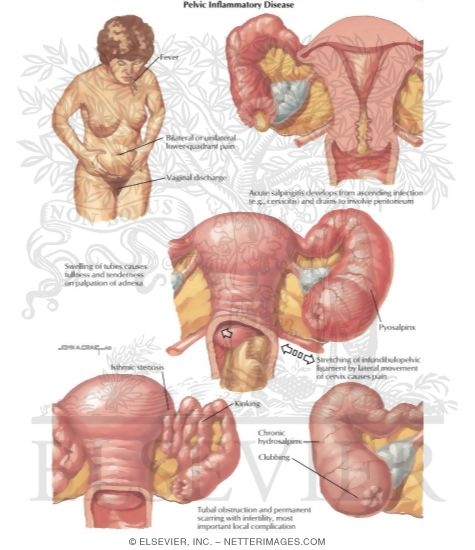Venereal diseases (Sexually transmitted diseases) are transmittable illness that spread out from person to person through intimate call. Sexually transmitted diseases could influence men and women of all ages and backgrounds that are making love– it matters not if they’re abundant or inadequate.
One factor Sexually transmitted diseases spread out is because individuals think they could only be infected if they have sexual intercourse. That’s wrong. A person could get some STDs, like herpes or genital verrucas, through skin-to-skin contact with a contaminated area or painful.
An additional misconception regarding Sexually transmitted diseases is that you can’t get them if you have oral or rectal sex. That’s also incorrect since the infections or microorganisms that cause Sexually transmitted diseases can enter the body through small cuts or tears in the mouth and rectum, along with the genital areas.
Sexually transmitted diseases also dispersed easily because you can’t say to whether a person has an infection. Some people with Sexually transmitted diseases don’t also being aware that they have them. These individuals are in threat of passing an infection on to their sex partners without even realizing it.
A few of things that increase an individual’s opportunities of getting a Sexually Transmitted Disease are:.
 Sexual activity at a young age. The younger a person starts making love, the greater his or her chances of becoming infected with a Sexually Transmitted Disease.
Sexual activity at a young age. The younger a person starts making love, the greater his or her chances of becoming infected with a Sexually Transmitted Disease.
Bunches of sex companions. People which have sex-related contact– not merely sexual intercourse, yet any type of intimate task– with several different companions are a lot more in jeopardy than those who visit the exact same partner.
Unprotected sex. Latex prophylactics are the only form of birth control that reduce your danger of acquiring a Sexually Transmitted Disease, and should be used every time. Spermicides, diaphragms, and many others birth control techniques may help stop pregnancy, but they don’t safeguard an individual against STDs.
However, Sexually transmitted diseases (sometimes also called STIs for “sexually transmitted infections”) have actually become common among adolescents. Considering that teens are more in jeopardy for obtaining some Sexually transmitted diseases, it’s important to learn exactly what you can do to secure on your own.
Protecting against and Treating Sexually transmitted diseases.
Just like many various other diseases, avoidance is key. It’s a lot easier to avoid STDs than to manage them. The only way to entirely stop STDs is to abstain from all sorts of sex-related contact. If someone is visiting make love, the most effective method to decrease the possibility of acquiring a STD is using a prophylactic each time (or an oral dam when a lady is receiving foreplay).
People who are considering making love must get routine gynecological or male genital evaluations. There are two factors for this. These exams provide medical professionals an opportunity to educate individuals concerning Sexually transmitted diseases and safeguarding themselves. And 2nd, normal tests offer doctors more opportunities to examine for Sexually transmitted diseases while they’re still in their earliest, most treatable stage.
In order this for these examinations and brows through to the doctor to be handy, individuals should tell their medical professionals if they are thinking of having sex or if they have already begun having sex. This is true for all types of sex– dental, vaginal, and anal. And let the medical professional know if you’ve ever had any type of kind of sex-related contact, even if it was in the past.
Do not let embarrassment at the thought of having a Sexually Transmitted Disease keep you from seeking medical attention. Hanging around to see a medical professional may enable a disease to advance and cause more damage. If you think you might have a STD, or if you have had a companion who could have a Sexually Transmitted Disease, you ought to see a medical professional immediately.
If you don’t have a physician or favor not to view your family physician, you might have the ability to discover a neighborhood center in your location where you could get a test in complete confidence. Some nationwide and local organizations operate STD hotlines staffed by skilled experts which could address your questions and offer referrals. Calls to these hotlines are private. One hotline you could ask for info is the National STD Hotline at 1-800-227-8922.
Not all infections in the genitals are triggered by STDs. Sometimes individuals could acquire signs that appear very like those of STDs, also though they have actually never ever made love. For gals, a yeast infection could conveniently be confused with a STD. People may fret about bumps on the penis that end up being pimples or irritated hair follicles. That’s why it’s important to view a doctor if you ever before have inquiries regarding your sex-related health.
Sexually transmitted diseases are more than merely a humiliation. They’re a severe health problem. If untreated, some Sexually transmitted diseases could cause irreversible harm, such as infertility (the inability to have an infant) or even death (in the case of HIV/AIDS).